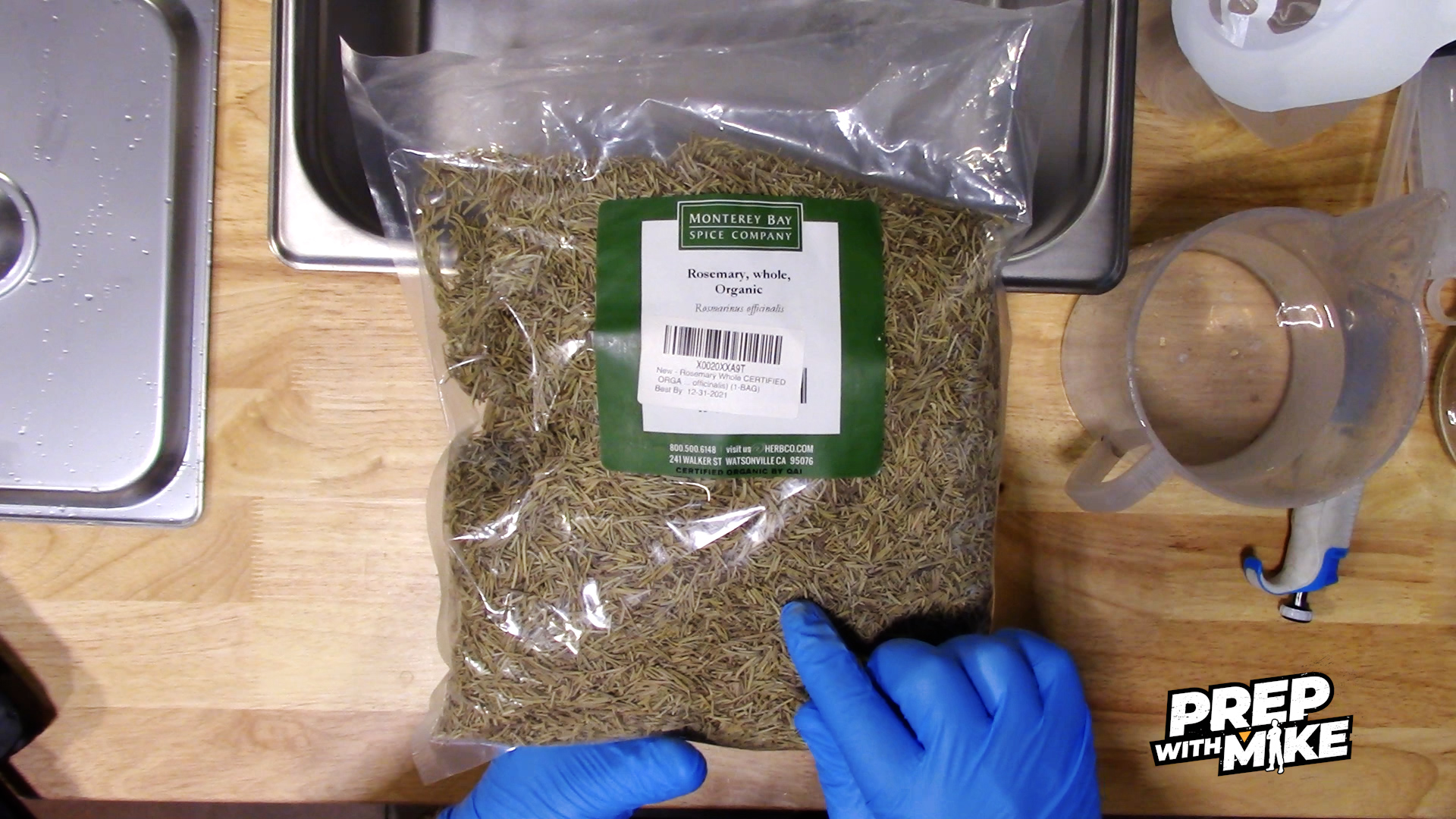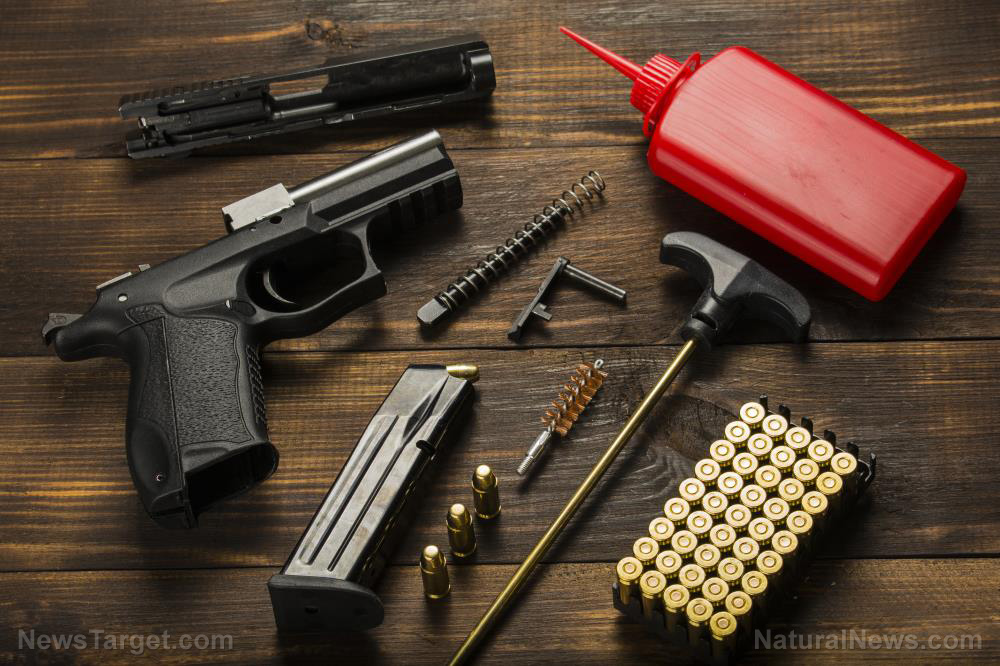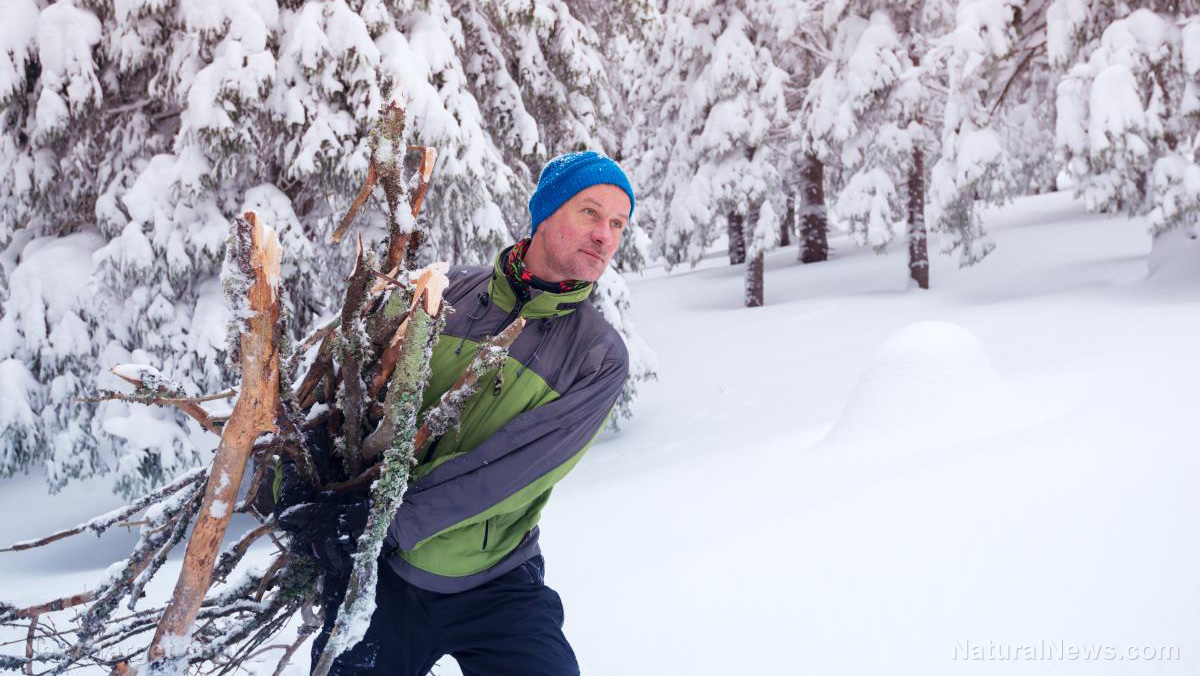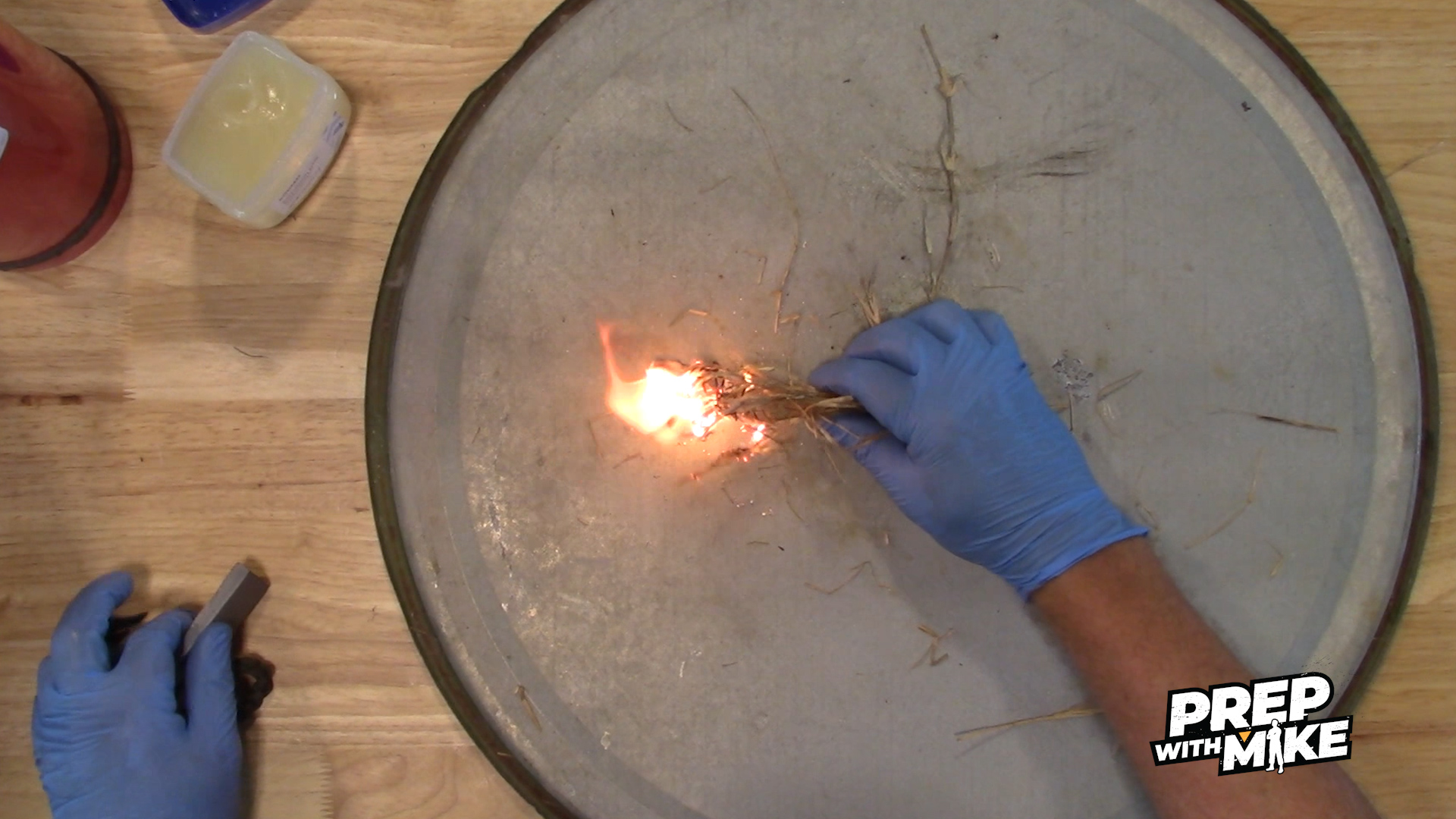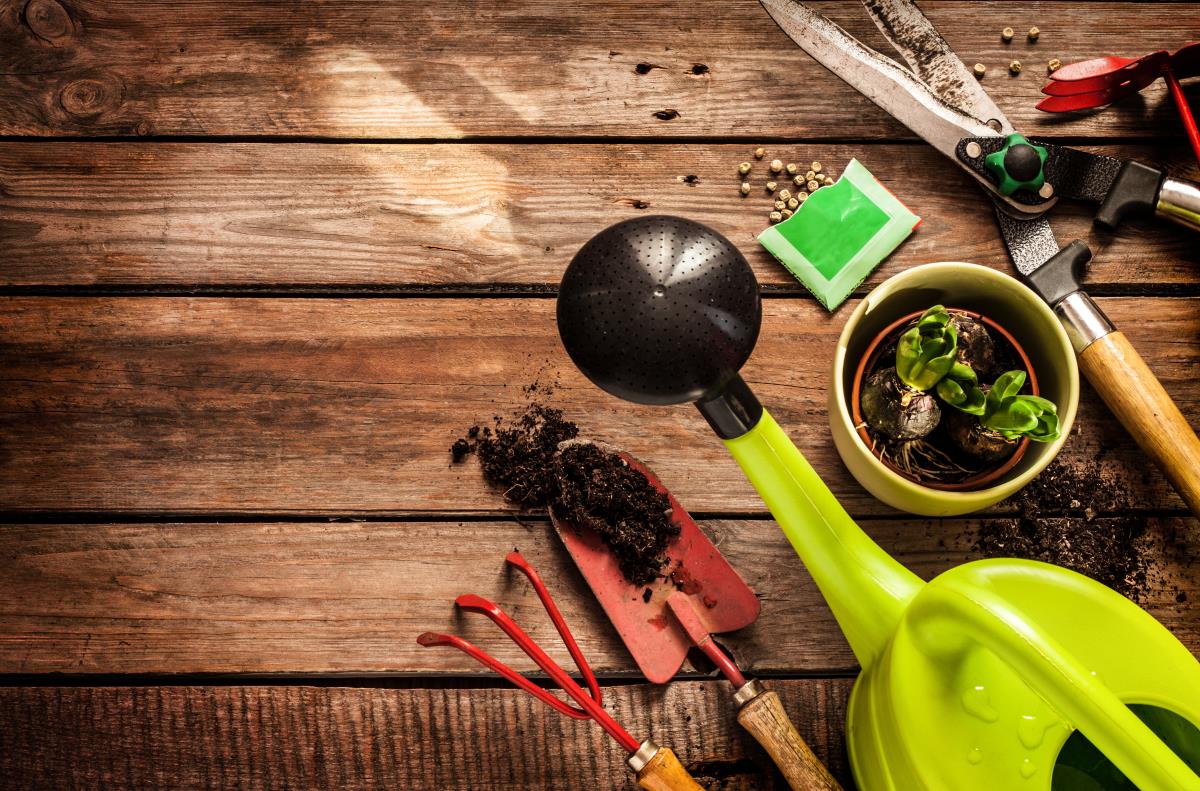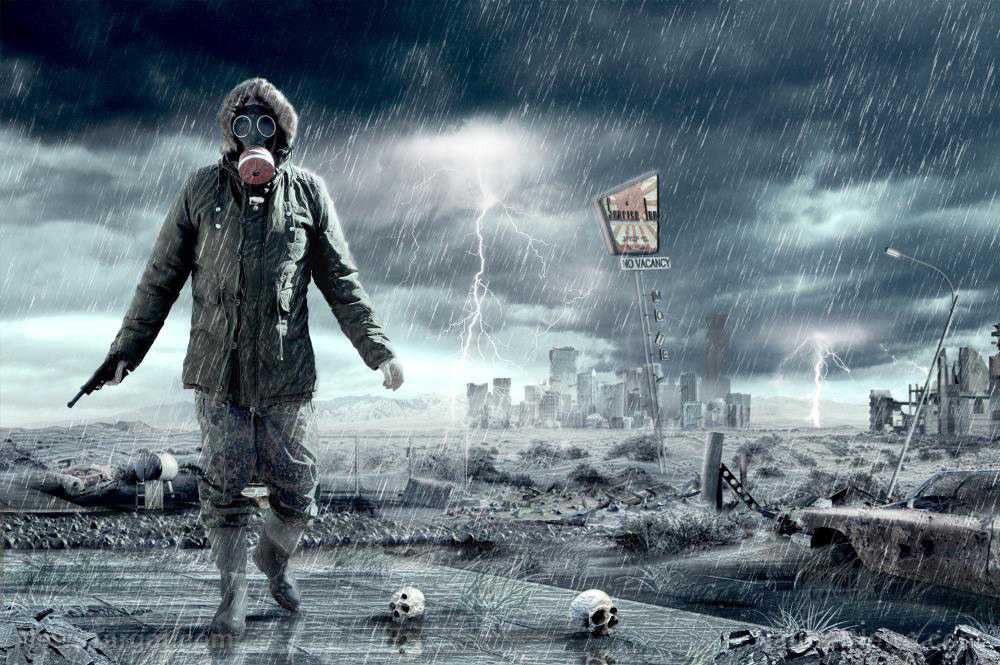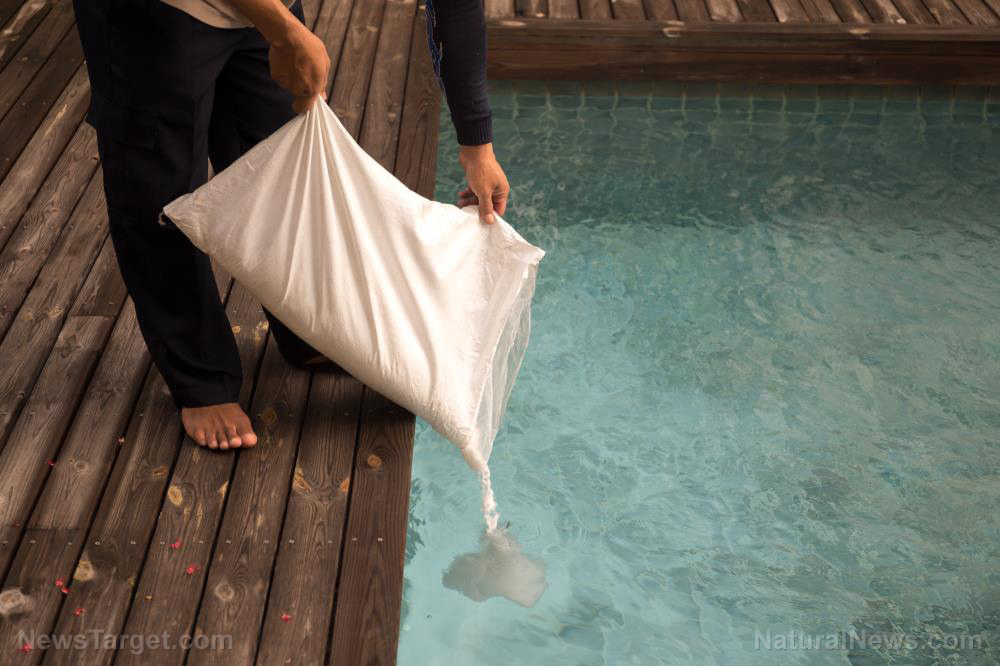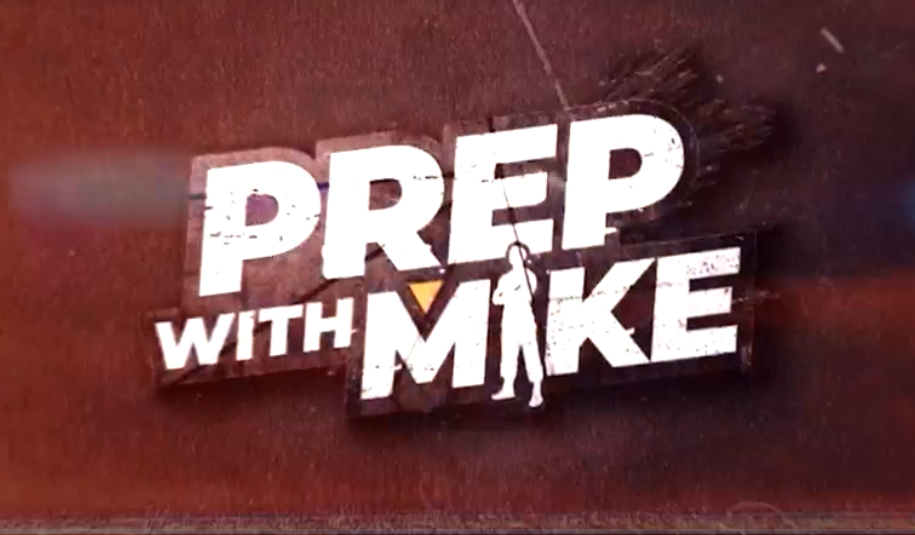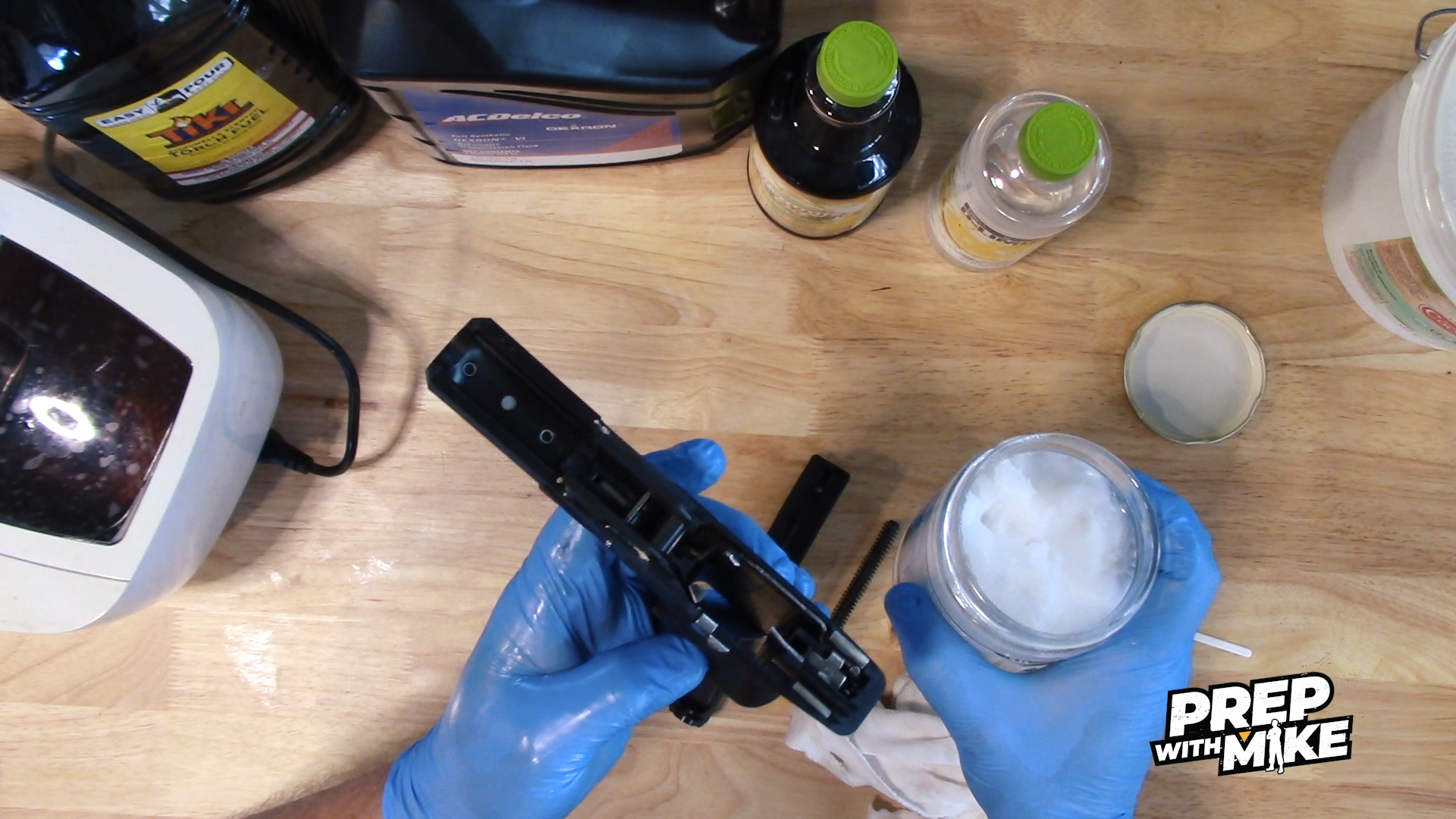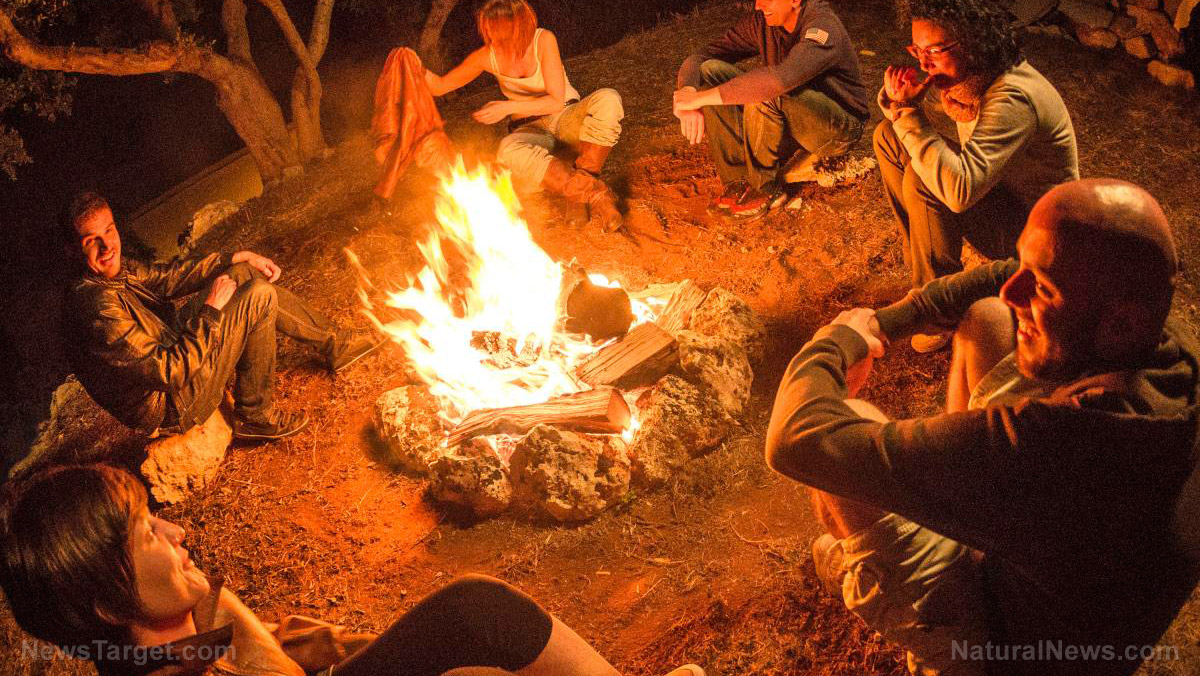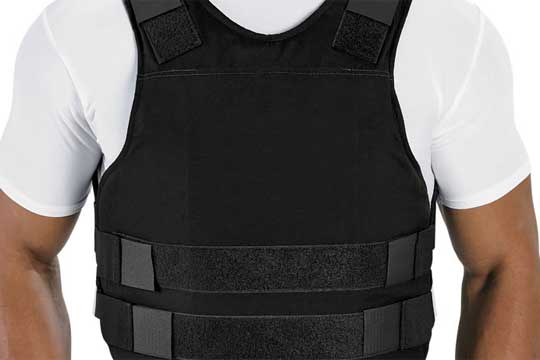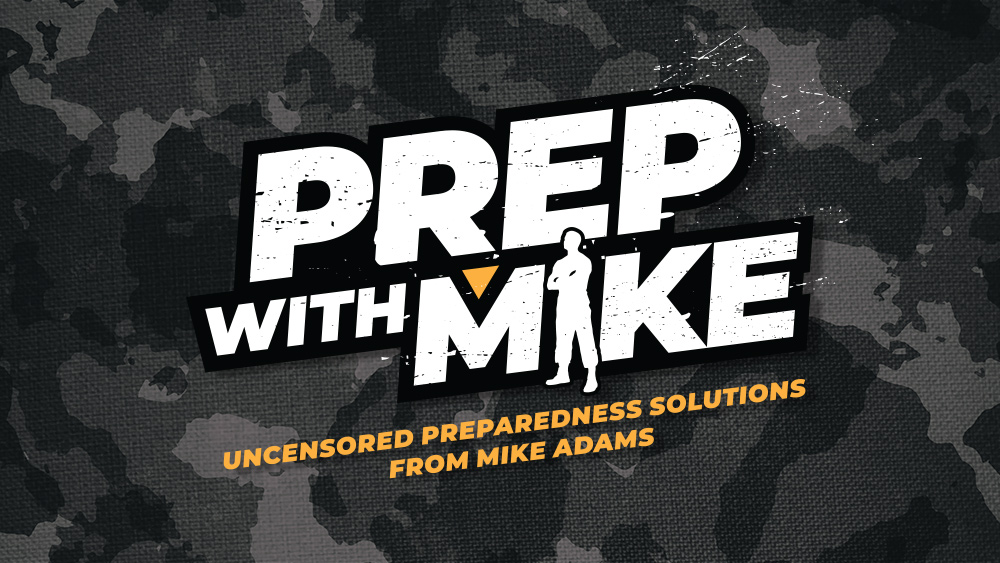More than a beauty product: 10 Survival uses for lip balm
09/24/2020 / By Divina Ramirez
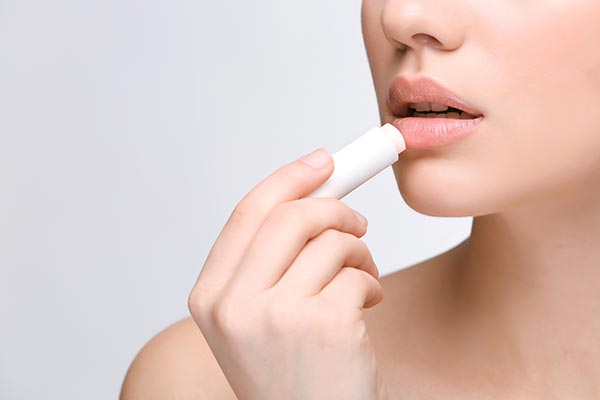
Many people use lip balm daily to prevent dry and chapped lips. It’s small, lightweight and extremely easy to stow in pockets, hygiene kits or purses.
But lip balm can do so much more than just moisturize lips. This inconspicuous object can also be used as a survival tool due to its versatility. If you plan to make a survival kit or bug out bag, it is good practice to pack items that have multiple uses for space-saving reasons, so grab a tube or two of lip balm before you leave the house.
The following are 10 survival uses for lip balm.
Start a fire
Lip balm is a petroleum-based product, which makes it highly flammable. If you need to start a fire quickly, smear a small amount of lip balm on any flammable object, such as cotton balls, dry twigs and bark, to ignite it instantly. This way, you get to save precious matches or fuel. Additionally, you can also stuff a matchstick into the lip balm to create an emergency candle that can last a good while.
Treat wounds
You can also use lip balm to treat wounds like scrapes, cuts and blisters. For small cuts, apply lip balm on the area to prevent infection. The film should also be able to stop the bleeding temporarily. If you’re on a hike and you feel a blister about to form, apply lip balm on the painful area. But if a blister has already formed, apply lip balm on the site of the blister to minimize pain and soothe itchiness.
Moisturize dry skin
Skin can easily dry out, especially in cold weather. If you forgot to bring lotion, swipe the lip balm on dry patches and areas that are likely to dry out, such as the cuticles, the spaces in between the fingers and the tip of the nose. Fingertips can also crack during winter, so be sure to cover the cracked area with a nice thick layer to seal in moisture. Lip balm can also protect against blisters. If you lack sleep, dab a small amount of lip balm around the eyes to freshen up tired skin and reduce the appearance of dark circles.
Relieve insect bites
You should expect insects any time you’re out in the wild, so be prepared to treat all sorts of bug bites. Fortunately, you can use lip balm to relieve the pain and itchiness caused by a bug bite. Just apply lip balm on the affected area and repeat as necessary. (Related: Avoid insect bites this outdoor season without resorting to nerve gas sprays.)
Prevent sunburn
It’s easy to get sunburnt when you’re outside. Fortunately, most lip balms have a sun protection factor (SPF) of 15 and above, which can work on the skin as well. You can also mix lip balm and dirt or ash as a cooling mask in hot and dry environments.
Lubricate gear
Lip balm is an amazing lubricant as well. If you have tools and items that tend to get stuck, such as container hinges and multi-purpose knives, just rub lip balm on the stuck area to loosen it up.
Protect blades from rust
Metal tools like knives and hatchets need proper maintenance to prevent rust, especially if you are in a humid or tropical environment. Rub the lip balm directly on the blade to give it a thick coat of protection against humidity and moisture.
Fix a zipper
If you have a difficult time using the zippers on clothes or backpacks, rub lip balm along the zipper to lubricate it well. This will make it easy for you to zip and unzip jackets, backpacks and other zipper enclosures.
Hide small survival items
Once you’ve used up all the lip balm, don’t throw away the container just yet. You can still use it as a handy little container for small items like money, matchsticks and fishing hooks.
Protect leather gear
Lip balm is also an excellent leather conditioner. If you have leather items like shoes, belts, bags and knife sheaths, apply lip balm to creases and cracked areas to prevent breakage.
Lip balm is dirt cheap, easy to carry and extremely useful. Many people carry lip balm in makeup bags and hygiene kits, but the versatile lip balm is also an essential item to have in your everyday carry bag or bug-out bag.
Sources include:
Tagged Under: bug out, bug out bag, emergency gear, everyday carry items, how-to, preparedness, prepper, prepping, survival, survivalist
RECENT NEWS & ARTICLES
COPYRIGHT © 2018 SURVIVALGEAR.NEWS
All content posted on this site is protected under Free Speech. SurvivalGear.news is not responsible for content written by contributing authors. The information on this site is provided for educational and entertainment purposes only. It is not intended as a substitute for professional advice of any kind. SurvivalGear.news assumes no responsibility for the use or misuse of this material. All trademarks, registered trademarks and service marks mentioned on this site are the property of their respective owners.

